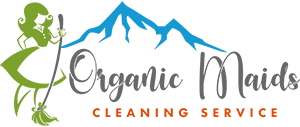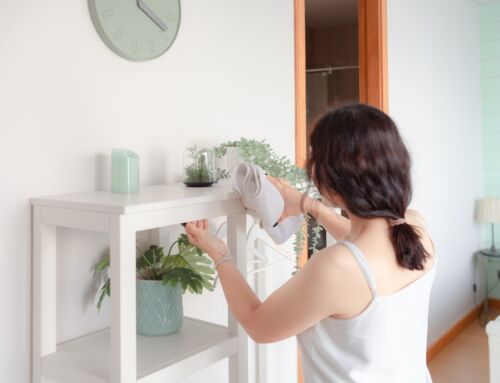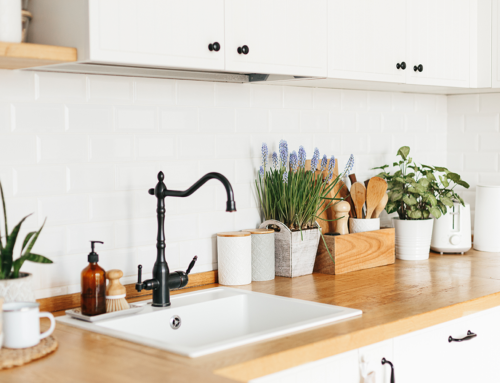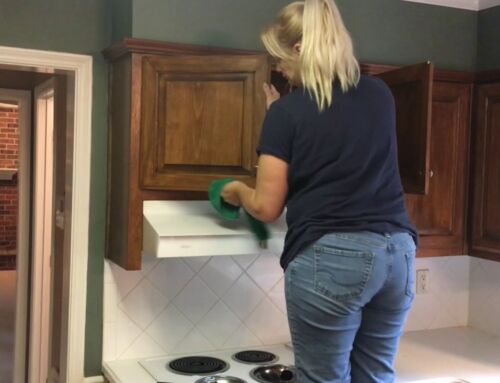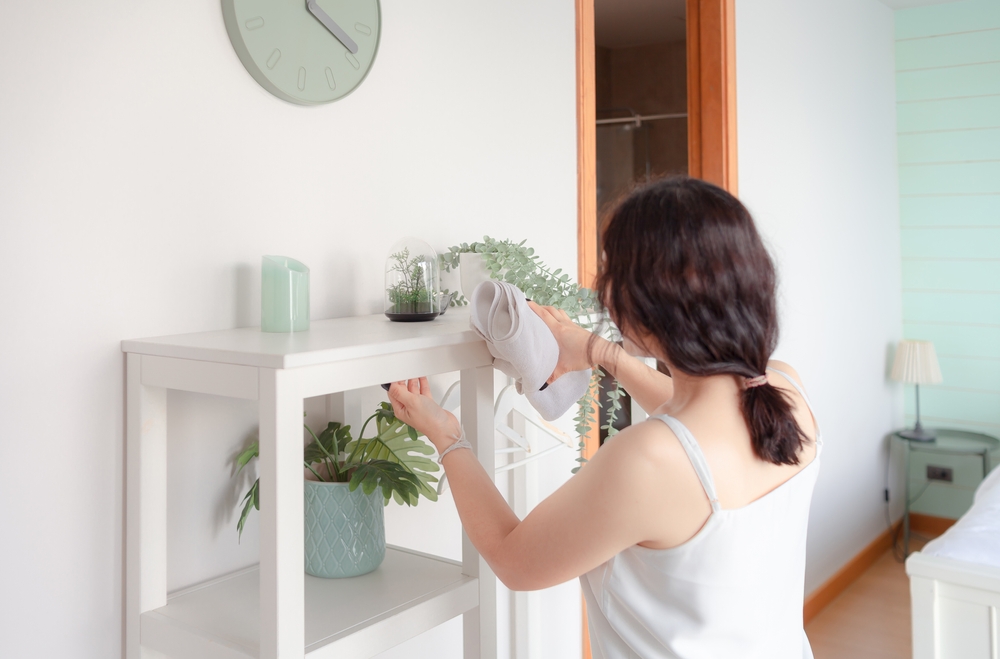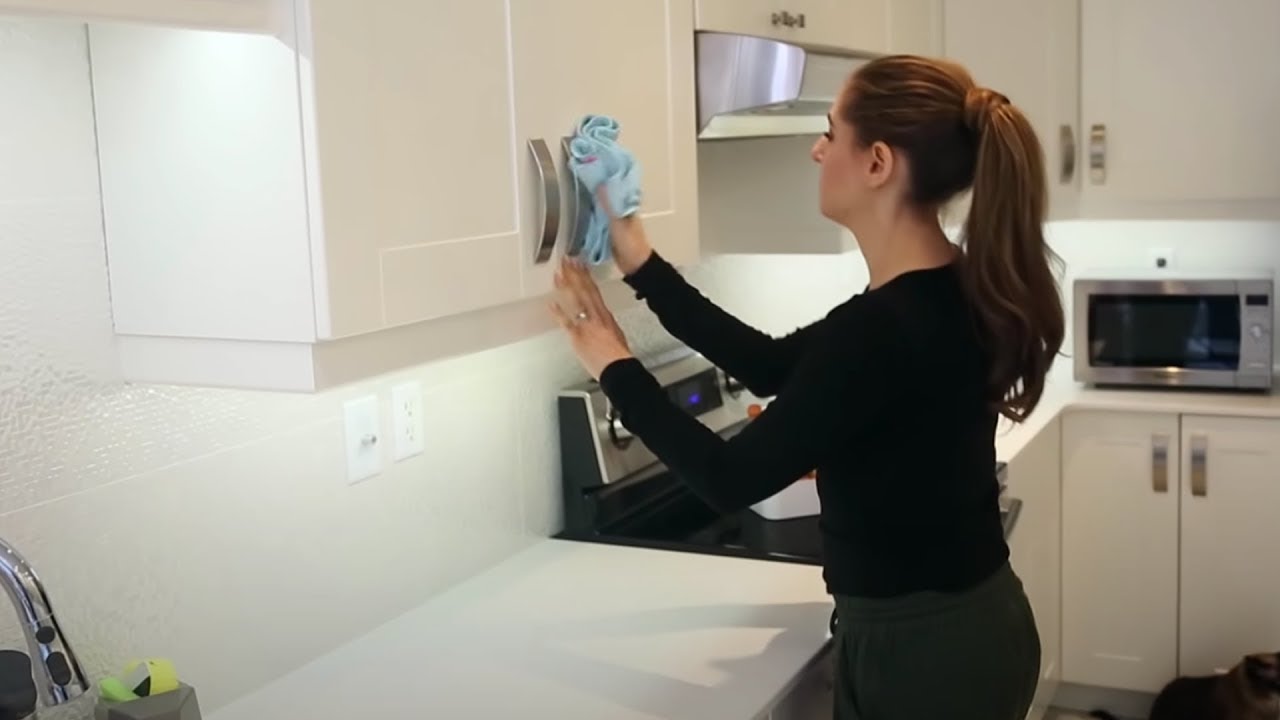
The Impact of Altitude on Home Cleaning in Denver
- Lower humidity increases dust accumulation and dryness, requiring humidity control and humidifiers to maintain 30–50% indoor humidity.
- Faster dust buildup means frequent dusting and vacuuming with HEPA filters and microfiber cloths to capture fine particles.
- Increased UV exposure accelerates fading and wear; use UV-protective window treatments and consider UV-resistant coatings.
- Improve indoor air quality with HEPA filters, air purifiers, clean vents, and air-filtering houseplants to reduce airborne dust and allergens.
Cleaning a home in Denver presents unique challenges due to its high altitude and dry climate. With an elevation of approximately 5,280 feet, Denver’s thin air and lower humidity levels can significantly impact indoor air quality, dust accumulation, and mold prevention. Homeowners in this region must adapt their cleaning routines to address these altitude-related factors. In this article, we’ll explore how altitude affects home cleaning and offer practical tips for maintaining a spotless, healthy living environment in the Mile High City.
Why Altitude Matters for Home Cleaning
Denver’s high altitude influences various aspects of home maintenance, from air quality to dust buildup. Understanding these effects can help homeowners create more effective cleaning strategies and maintain a healthier home environment.
Lower Humidity Levels
One of the most significant impacts of altitude is the reduced humidity in the air. While this can slow mold growth, it also leads to drier air that can increase dust accumulation. Dry air can make it easier for dust particles to stay airborne, leading to more frequent dust buildup on surfaces and in HVAC systems.
Faster Dust Accumulation
The dry, thin air at high altitudes tends to carry more dust, which can settle quickly on furniture, floors, and electronics. This makes regular dusting and air filtration essential to maintaining indoor air quality. Homes at higher elevations may also experience more static electricity, which can attract dust to surfaces like screens and plastic items.
Increased UV Exposure
Denver’s high altitude also means greater exposure to ultraviolet (UV) rays. UV rays can break down exterior paint, flooring, and fabrics, leading to discoloration and faster wear. This exposure can also impact outdoor furniture and window treatments, requiring more frequent cleaning and maintenance.
Essential Cleaning Tips for High-Altitude Homes
To keep a Denver home clean and healthy despite the challenges of high altitude, homeowners should adopt targeted cleaning strategies that address these unique environmental factors.
1. Improve Indoor Air Quality
Maintaining good indoor air quality is crucial at high altitudes, where the air is thinner and more prone to dryness. Here are a few effective strategies:
- Use high-efficiency particulate air (HEPA) filters in your HVAC system to reduce airborne dust and allergens.
- Invest in an air purifier to capture fine particles and improve overall air quality.
- Regularly clean air vents and ducts to prevent dust buildup and maintain efficient airflow.
- Consider adding houseplants that naturally filter the air, like spider plants or peace lilies.
2. Regular Dusting and Vacuuming
Dust tends to accumulate faster in Denver homes, making regular dusting and vacuuming a must:
- Use microfiber cloths for dusting, as they trap dust particles more effectively than cotton or paper towels.
- Dust from top to bottom, starting with ceiling fans, shelves, and light fixtures.
- Vacuum carpets and upholstery regularly, using a vacuum with a HEPA filter to capture fine dust and allergens.
- Don’t forget to dust baseboards, window sills, and hard-to-reach corners where dust tends to settle.
3. Protect Your Windows
Windows in high-altitude homes face increased UV exposure and dust buildup:
- Use UV-protective window treatments to reduce sun damage to your interior furnishings.
- Clean windows more frequently to remove dust, pollen, and grime that can accumulate quickly.
- Consider applying a UV-resistant coating to extend the life of your windows and reduce maintenance needs.
4. Control Humidity Levels
While Denver’s dry air reduces mold risk, it can cause other issues like dry skin, cracked wood, and static electricity:
- Use a humidifier to maintain a comfortable indoor humidity level of 30-50%.
- Regularly monitor indoor humidity levels to prevent excessive dryness.
- Place water trays or use indoor fountains to add moisture to the air naturally.
5. Prevent Mold and Mildew
Although mold is less common in dry climates, it can still be a problem in damp areas like bathrooms and basements:
- Use mold-resistant paint in moisture-prone areas.
- Keep bathrooms well-ventilated and wipe down surfaces after showers.
- Regularly clean grout lines and shower curtains to prevent mold growth.
Conclusion
Maintaining a clean home in Denver requires a different approach than in lower-elevation cities. By addressing the unique challenges of high altitude, like increased dust accumulation, lower humidity, and greater UV exposure, homeowners can create a healthier, more comfortable living environment. Regular air quality checks, frequent dusting, and careful moisture management are essential for keeping your Denver home fresh and inviting year-round.
Share this article
Follow us
A quick overview of the topics covered in this article.
